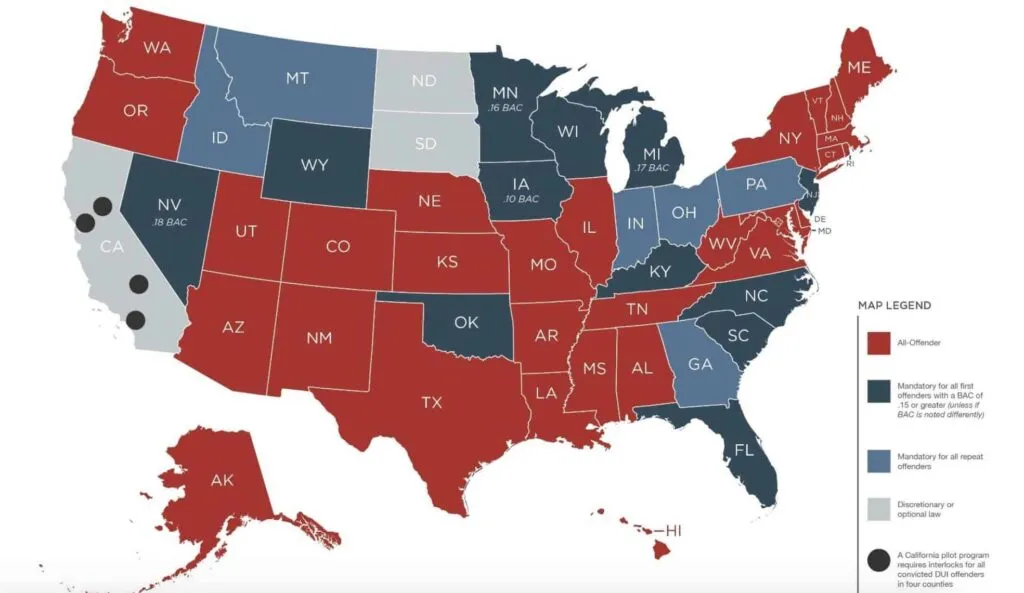 Just one year ago Mothers Against Drunk Driving (MADD) came out with an eye-opening report on ignition interlock use in the United States. At that time they released data that showed that ignition interlock use was responsible for stopping 1.77 million drunk drivers from starting their vehicles, and when you think of that in terms of preventing drunk driving crashes, those numbers are staggering.
Just one year ago Mothers Against Drunk Driving (MADD) came out with an eye-opening report on ignition interlock use in the United States. At that time they released data that showed that ignition interlock use was responsible for stopping 1.77 million drunk drivers from starting their vehicles, and when you think of that in terms of preventing drunk driving crashes, those numbers are staggering.
Now, one year later, MADD has followed up that report with a new report on ignition interlock use, and this time the numbers of drunk drivers stopped are even higher.
The biggest takeaway from the report is the continuing concrete proof of the effectiveness of ignition interlocks. According to the state-by-state counts, ignition interlocks stopped 350,000 attempts to drive drunk since December of 2015. Adding it all up, MADD found that since 2006 ignition interlock use has stopped a whopping 2.3 million drunk driving attempts over all.
Other data from the report includes ignition interlock use on a state by state basis and an update on all offender ignition interlock laws.
Texas has effective ignition interlock device use
According to the report, over 244,991 attempts to drink and drive were stopped by ignition interlocks in Texas, with 27,694 stopped over the last year. That number is followed by Wisconsin with 211,972 attempts and 37,229 attempts over the last year.
Twenty eight states now have all-offender laws
There was a lot of progress made in ignition interlock laws in 2016. Maryland, home of officer Noah Leotta, passed an all offender ignition interlock law along with Rhode Island, Vermont, and Washington, D.C. Other states, including Pennsylvania, California, and Ohio, also passed varied ignition interlock laws.
Ignition interlock use is beginning to sweep the nation, and if MADD’s report is any indication, thousands of lives are being saved by the devices every day. Let’s hope that when MADD provides another update in one year, these numbers will look low in comparison.